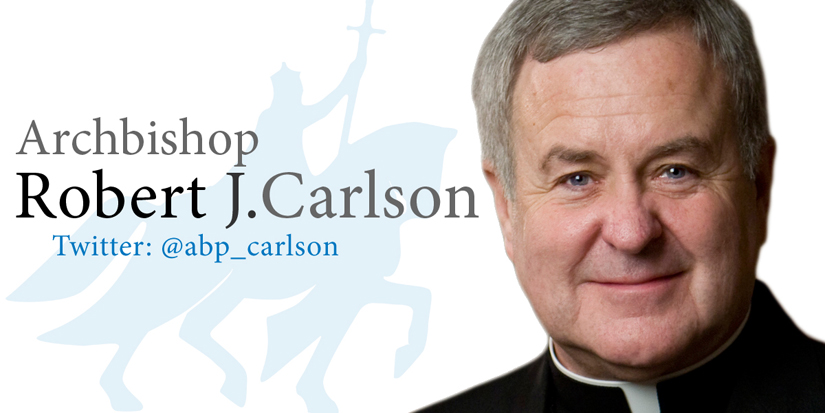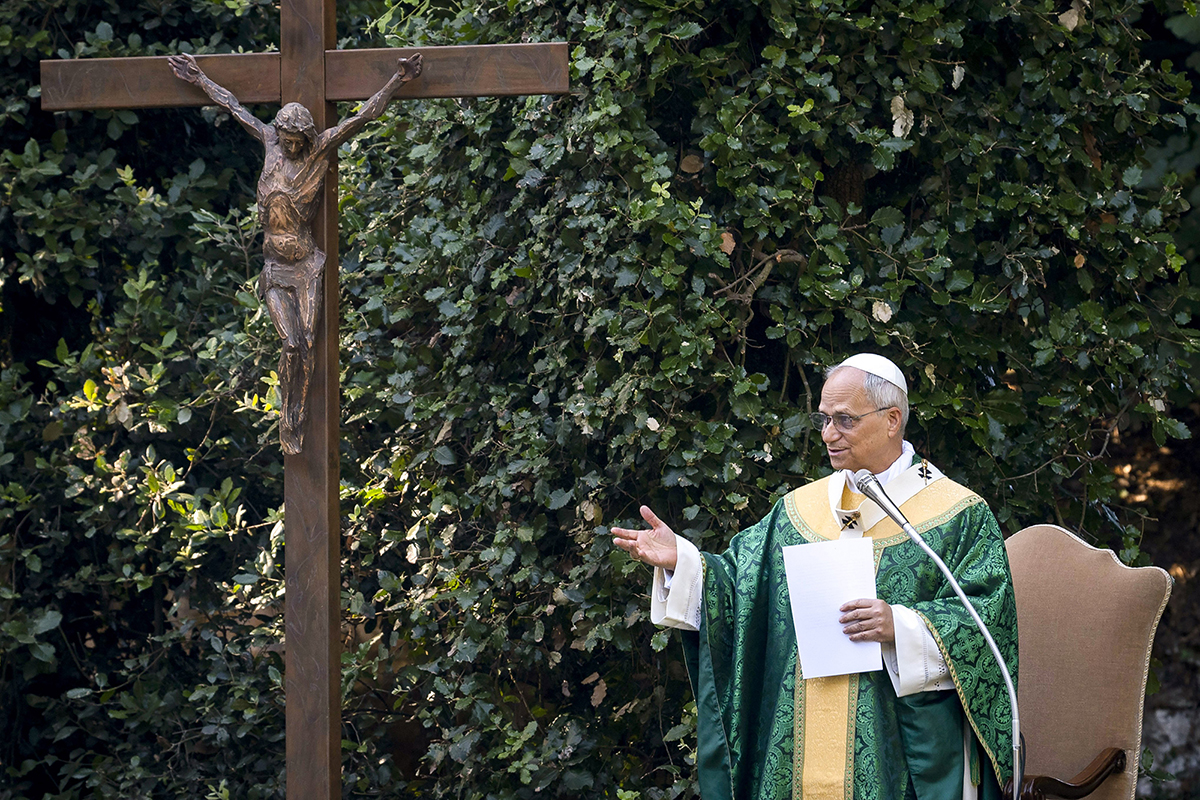BEFORE THE CROSS | The rules of morality protect and serve our life in Christ
Some moral choices lead us toward the promised land of heaven, and some lead us away

For the next week and a half, we’ll be hearing the Sermon on the Mount, starting with the Beatitudes.
In speaking of the Beatitudes, the Catechism of the Catholic Church gives us a striking insight into the place of moral rules in Christian life. It says: “The beatitude we are promised confronts us with decisive moral choices” (1723).
To us, as to Abraham, a promise has been given. But while the promise is pure gift, whether we accept it is up to us. Some moral choices lead us toward the promised land of heaven, and some lead us away. The Catechism’s treatment of morality reinforces this point about gift and responsibility in many ways.
Consider the opening words in the Catechism’s treatment of morality: “Christian, recognize your dignity … Remember who is your head and of whose body you are a member” (1691). It doesn’t begin with rules. It begins with a reminder about our identity in Christ — a gift freely given to us.
Consider the closing words of the Catechism’s treatment of morality: “Thirst for God is quenched by the water of eternal life” (2557). It doesn’t end with rules. It ends with a reminder of our call to eternal life.
If it doesn’t begin or end with rules, however, there are still rules in the middle. Why?
Think of it this way: the Catechism’s treatment of the moral life is like one long, steady line, running from our identity in Christ to the goal of eternal life. Everything in between serves that line. Some things keep us on that line: They’re consistent with our identity, and keep us moving toward our end. They’re named as obligations. Other things take us off of that line: They’re not consistent with our identity and move us away from the promised land. They’re named as wrong. Every moral rule is ultimately about protecting our identity and our end.
In one way after another, the Catechism tries to make this conclusion inescapable: The Ten Commandments, and all the rules of morality, do not stand alone. They protect and serve our life in Christ.
In a beautiful reflection on this combination of gift and responsibility, C.S. Lewis says: “Your natural life is derived from your parents; that does not mean it will stay there if you do nothing about it. You can lose it by neglect, or you can drive it away by committing suicide … In the same way a Christian can lose the Christ-life which has been put into him, and he has to make efforts to keep it. But even the best Christian … is only nourishing or protecting a life he could never have acquired by his own efforts” (“Mere Christianity”).
A lot of people today want to say: “Never mind the rules. I believe in a God of love.” As Catholics we have to respond: That’s a false dichotomy. The rules — like the Ten Commandments and all they imply — are there precisely because of love and to serve love. The more clear we can be on that connection, the better we’ll be able to follow the spirit and the letter of the law, as Christ lays them out in the Sermon on the Mount.




